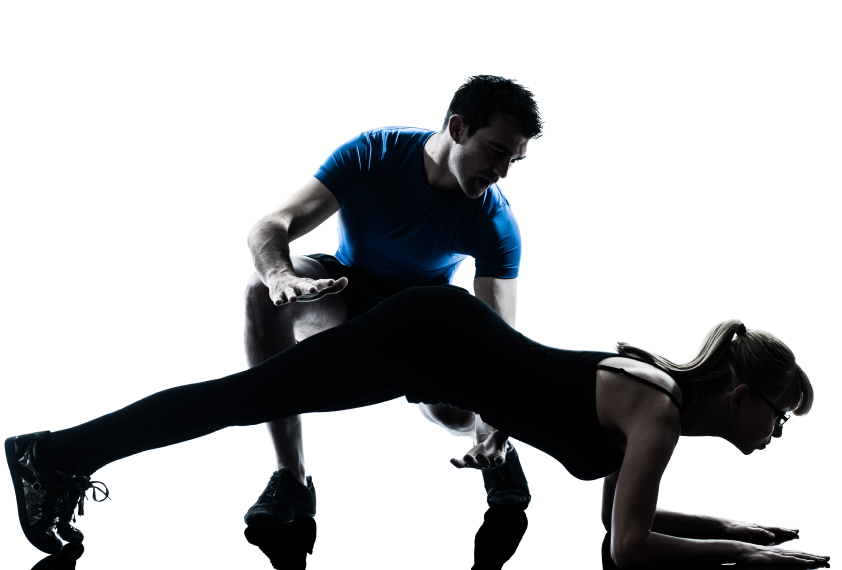 Silence is golden, at least it is when it comes to choosing your workout partner.
Silence is golden, at least it is when it comes to choosing your workout partner.
I write a lot about the importance of physical activity and this seemed to be the perfect post to kick off Women’s Health Week.
Data have suggested that an optimal workout partner can actually improve both the intensity and duration of exercise by as much as 208%. Indeed, according to Brendan Irwin, an assistant professor of kinesiology at Kansas State University, having a skilled workout partner who keeps verbal encouragement to a minimum is the key to optimizing workouts. Hmm, a skilled person. This idea builds upon behavioral research theory that suggests that the presence of a superior partner may improve motivation in the ‘weak link,’ especially when both people are on a team together. But in addition to the weak link-superior workout partner theory (which I find especially fascinating) is that I would expect that encouragement would be a motivator, not a detractor.
Irwin and his colleagues at Michigan State University asked 115 male and female students (on average, 20 years old) to perform a series of five abdominal planks (holding each as long as they could) after watching a brief instructional video. For those unfamiliar with planks, they are body-weight resistance exercises in which one ‘suspends’ his or her body weight using abdominal muscles. Generally, planks are isometric, require little coordination and are effort-based. They are also quite difficult to hold for any significant period of time. (My best time, for example, is 1 min 40 seconds and my worse, 15 seconds.) For a ‘variation on a theme,’ the differences between the five planks were subtle, e.g. holding a push up position on one’s forearms on each side, etc. Next, the students were divided into three groups:
- The first rested for 10 minutes.
- The second group were told that they would be exercising with a partner (on video at another location) who they met briefly via a Skype call (in reality, that person was ‘in on the research’ and the exercise portion of the session had been pre-recorded). They were informed that the partner was slightly better (skill wise) than themselves.
- The third group was told that they would be exercising with a partner who would encourage them (and, due to technical difficulties, only the partner would be able to communicate).
Irwin says that at first, he and his colleagues thought that it made the most sense that encouragement from a workout partner would be motivating. However, what they found was the opposite: “when exercising with someone who is slightly better [i.e. about 40%] and who is not verbally encouraging, participants exercised longer than if the conditions were the same but that person was verbally encouraging them.” That is, even after controlling for individual differences in strength, exercising with a partner who was more skilled boosted persistence by an average of 78%, and the optimal partner – more skilled and who kept the rah-rahs to a minimum translated into a longer bouts of exercise. Perception is key; Irwin explained that those people who received encouragement from a more skilled partner may have interpreted the comments as condescending or patronizing.
However, will this hypothesis work on older individuals as well? When I asked Professor Irwin this question directly, he said that to the best of his knowledge, ” there is no empirical reason to believe that the results of this study wouldn’t apply to a wide range of age groups. In fact, anecdotally, I hear from faculty and middle-age folks all the time who read about this study (and others like it) and are quick to validate that a partner can be very motivating for them (e.g., “I play tennis with a friend who is a little better than me and it really gets me going!”).”
What about you? What type of person motivates you the best to surpass your own expectations?
[Professor Irwin’s study — “You Can Do It: the Efficacy of Encouragement in Motivating the Weak Link to Exercise Longer During an Online Exercise Video Game,” is slated for publication in the Journal of Medical Interent Research]






